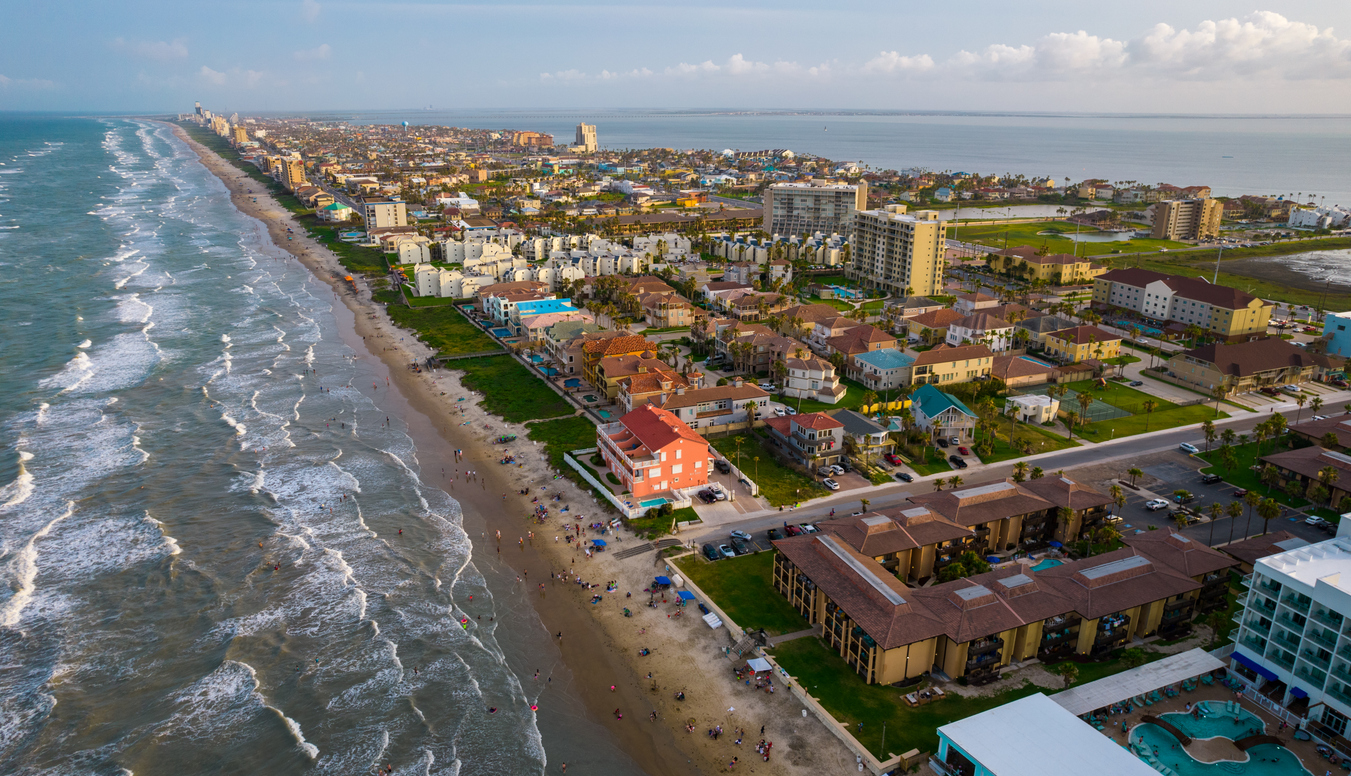
Vacation home insurance safeguards your property from unexpected damages during the summer rental season. Without proper coverage, you risk significant financial loss from incidents involving guests. Investing in vacation home rental insurance protects your property and gives you peace of mind.
What Is the Difference Between a Vacation Home and a Rental Property?
A vacation home is a secondary residence used primarily for leisure and personal enjoyment, often in a desirable location. A rental property, on the other hand, is a dwelling leased out to tenants as a source of income.
Vacation homes require specialized insurance coverage because they are occupied less frequently, increasing risks such as theft, vandalism, and maintenance issues.
In contrast, rental properties typically have more consistent occupancy, requiring insurance that addresses tenant-related liabilities and regular wear and tear.
The Unique Risks of Renting Out Your Vacation Home
Tenants can cause damages like excessive wear and tear, accidental destruction of furniture, or damage to appliances. These incidents can lead to costly repairs and replacements, highlighting the need for comprehensive insurance coverage.
Liability risks include injuries to renters or guests, which could result in expensive medical bills and potential lawsuits.
Additionally, natural disasters, theft, or vandalism during the rental period can cause significant damage to the property. These risks underscore the importance of having appropriate insurance coverage to protect against unforeseen events and financial loss.
How Vacation Home Rental Insurance Provides Comprehensive Coverage
Vacation home insurance provides comprehensive protections to secure your property and investments:
- Coverage for damages: Protects against physical damage to the property caused by events such as storms, fire, or vandalism
- Liability coverage: Provides financial protection in case renters or guests are injured on the property and file a lawsuit
- Loss of rental income: Compensates for lost income if the property becomes uninhabitable due to covered damages so you don’t lose rental revenue during repairs.
Standard Homeowners Insurance and Vacation Home Insurance
Here’s a head-to-head comparison illustrating the differences between standard homeowners insurance and vacation home insurance, highlighting the coverage gaps that the latter fills:
Occupancy Requirements
- Standard homeowners insurance: Assumes regular, year-round occupancy by the owner
- Vacation home insurance: Accounts for extended periods of vacancy, addressing increased risks like theft and undetected damage
Liability Coverage
- Standard homeowners insurance: Covers liabilities related to the owner’s personal use
- Vacation home insurance: Includes enhanced liability coverage for injuries to renters or guests, protecting against potential lawsuits
Rental Income Protection
- Standard homeowners insurance: Typically doesn’t cover loss of rental income
- Vacation home insurance: Provides compensation for lost rental income if the property becomes uninhabitable due to covered damages
Specialized Coverage
- Standard homeowners insurance: Focuses on primary residence risks and standard perils
- Vacation home insurance: Offers tailored coverage for vacation properties, addressing specific risks like occasional occupancy and seasonal usage
Selecting the Right Vacation Home Rental Insurance
When selecting rental insurance for your vacation home, consider these factors to benefit from comprehensive coverage:
- Coverage limits and exclusions: Review the policy’s limits to determine if they sufficiently cover potential damages and liabilities. Pay attention to exclusions to understand what is not covered, such as certain types of natural disasters or specific causes of damage.
- Additional options: Look for additional coverage options that may be beneficial, such as coverage for valuable items, liability extensions for watercraft or recreational vehicles, or coverage for loss of rental income.
- Tailoring the policy: Customize the insurance policy to fit the specific characteristics of your vacation home and rental plans. Consider factors like the property’s location, seasonal occupancy patterns, and the types of amenities or services offered to renters.
A Final Word on Vacation Home Insurance
Vacation home insurance provides peace of mind by offering comprehensive coverage against damages, liabilities, and loss of rental income. It guarantees financial protection, allowing owners to enjoy their property without the worry of unexpected expenses or legal issues.
Take the time to review your current insurance policies and consider upgrading to a more comprehensive plan that meets the unique needs of your vacation rental property. For expert guidance and tailored insurance solutions, contact Transparity Insurance Services today.
About Transparity Insurance Services
Transparity Insurance Services was founded for the purpose of helping clients to insure their property and assets with no hassle. We are committed to providing a simple, easy, efficient, and positive experience to all of our clients and prioritize open and transparent communication. Through our excellent customer service and technology, we can help you find the right insurance program at a competitive price. Contact us today at (855) 889-2037 to learn more about what we can do for you.

 Leave a review on google
Leave a review on google